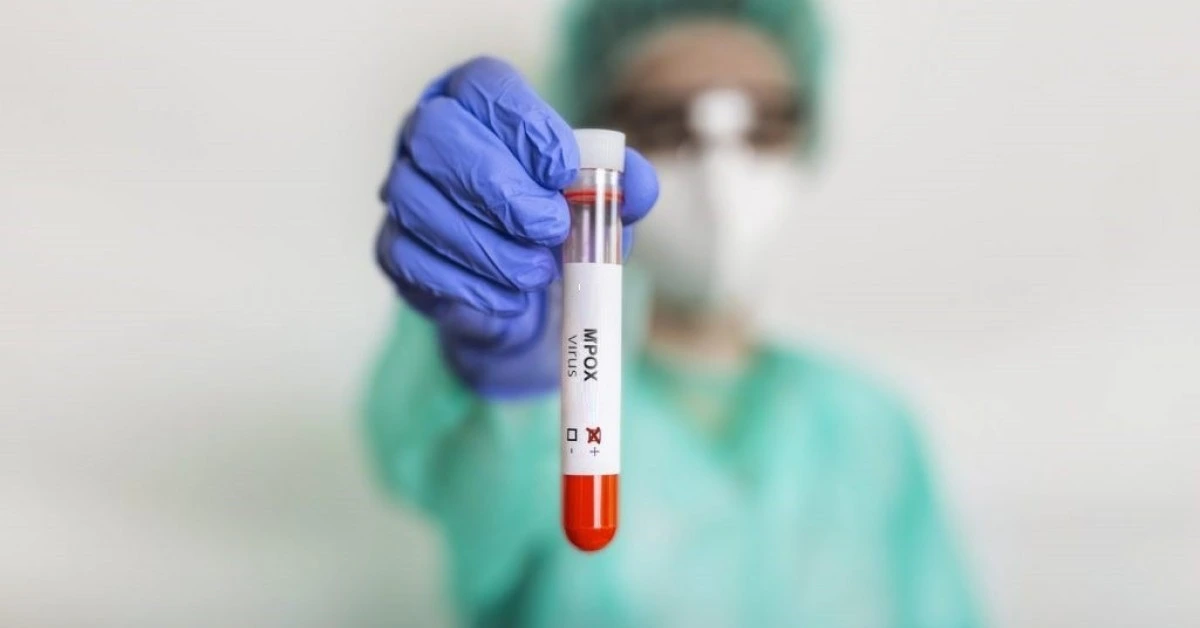
ETHIOPIA – In a significant step for Africa’s health resilience, countries across the continent will soon adopt a new PCR test for mpox developed by Moroccan firm Moldiag.
According to the Africa Centres for Disease Control and Prevention (Africa CDC), this test provides a cost-effective alternative to the current Gene Xpert tests, potentially improving accessibility and enabling wider testing.
“This test was approved after a number of tests were done in the Democratic Republic of Congo to ensure that it is sensitive to clade 1b and other clades in Africa,” explained Africa CDC Director General Jean Kaseya.
At a cost of only US $6 per test, this new PCR test is “very comparable with [test] kits that are coming from Korea and China,” noted Dr. Yenew Kebede Tebeje, head of laboratory systems at Africa CDC.
He added that, if ordered in large quantities, the price could drop to US $5 per test, making it significantly cheaper than Gene Xpert kits.
The test gained Africa CDC’s Diagnostic Advisory Committee (DAC) recommendation after fulfilling key performance criteria.
As per Africa CDC, the DAC reviewed the test’s independent evaluation data from the National Institute for Biomedical Research in the DRC and confirmed its compliance with major testing standards.
Moldiag’s CEO, Nawal Chraibi, expressed the company’s commitment to empowering Africa’s health systems through local manufacturing of diagnostics.
“We believe that strengthening local production is key to empowering the continent in its epidemic preparedness and response,” she said.
Rising Mpox cases across Africa
Africa’s mpox cases continue to climb, with 2,836 new cases and 34 fatalities recorded in the past week.
“Mpox is not under control in Africa,” warned Kaseya, emphasizing the organization’s growing concern over Uganda’s outbreak, which saw 184 new cases in the past week.
Though vaccination efforts in the Democratic Republic of Congo and Rwanda have met targets, Nigeria has postponed its vaccination rollout until November 18.
Meanwhile, LC16 vaccines from Japan’s KM Biologics remain undelivered as discussions continue about liability for adverse events.
“Every time a new vaccine is introduced, somebody has to sign for the insurance to cover possible side-effects,” explained Kaseya, adding that Africa CDC is working with the Japanese government to finalize liability details.
Advancing health self-sufficiency
The introduction of the Moldiag mpox test is a pivotal development in the African Union’s continental plan for self-reliant health systems.
As part of its mission, Africa CDC has supported member states by procuring and distributing PCR and genome sequencing test kits, training on biosafety, and issuing critical guidance for national testing strategies.
The DAC has also provided updated recommendations on suitable RT-PCR tests for Mpox, based on evaluations meeting WHO’s product standards.
Rwanda makes strides against Marburg Virus
In other health updates, Rwanda has reported steady progress in managing its Marburg outbreak, with no new cases in nearly two weeks and no deaths in the last month.
Health Minister Dr. Sabin Nsanzimana shared that Rwanda is monitoring bat populations across the country as part of its One Health strategy to prevent further outbreaks.
“We are now monitoring the movements of these fruit bats with different technology,” Nsanzimana said.
While survivors will continue to be monitored, 51 of the 66 infected have fully recovered, resulting in a case fatality rate of 22.7%.
XRP HEALTHCARE L.L.C | License Number: 2312867.01 | Dubai | © Copyright 2025 | All Rights Reserved